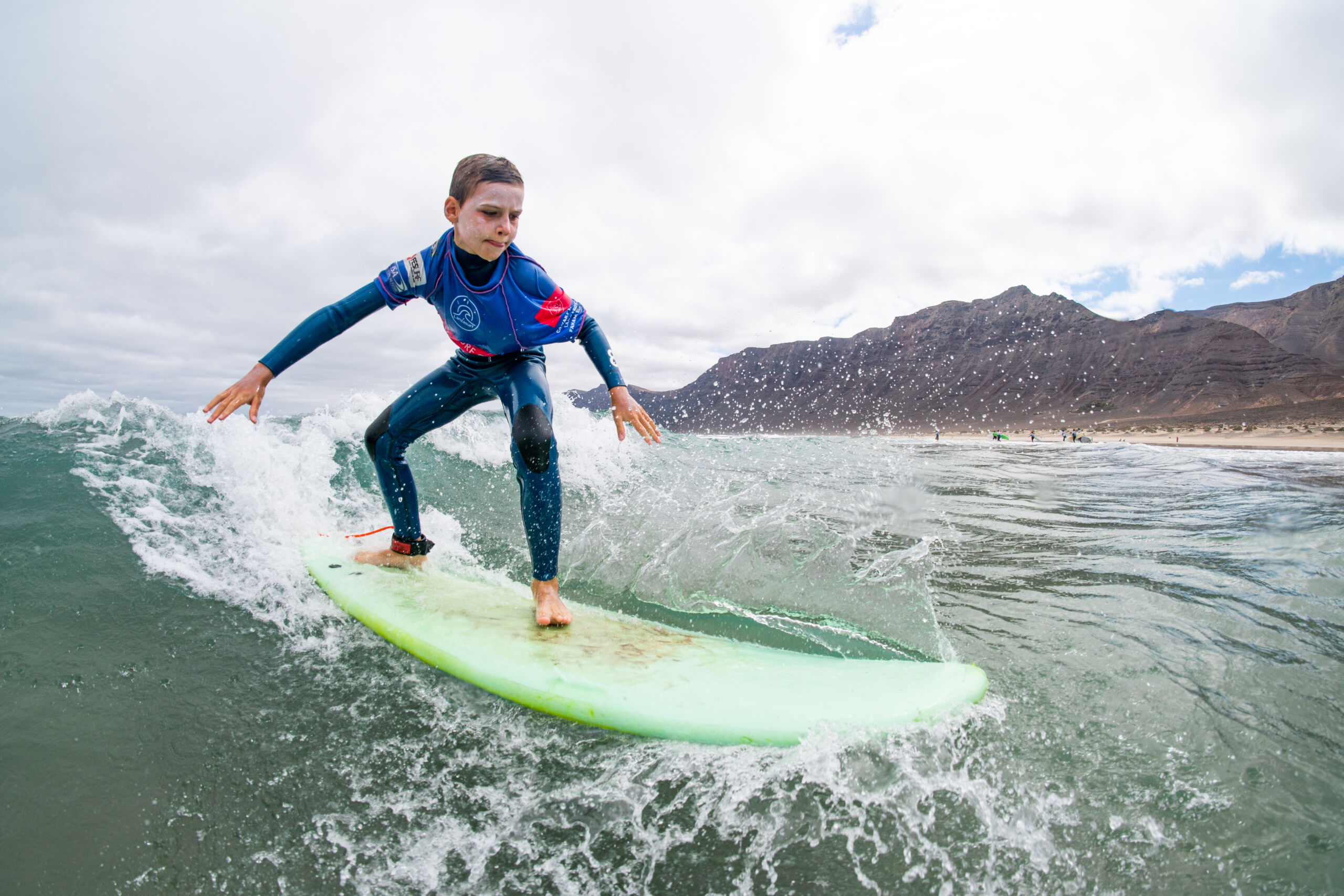Pulse of Information
Your source for the latest insights and updates.
Catch Waves, Not Feelings
Ride the wave of life and leave emotions behind! Discover tips, stories, and adventures that inspire you to catch waves, not feelings.
Top 10 Tips for Catching the Perfect Wave
Catching the perfect wave requires not just skill, but also a deep understanding of the ocean's rhythm. First, know your spot; take the time to research the best surfing locations that suit your skills, whether you're a beginner or an expert. Consider the wind direction, tide charts, and the time of day, as these factors greatly influence wave conditions. Next, ensure that you are properly equipped. A well-suited board can make all the difference. Here are the top tips:
- Choose the Right Board: Make sure your surfboard matches your ability and the type of waves.
- Practice Paddling: Effective paddling is essential for gaining speed and catching waves.
- Position Yourself Correctly: Finding the right spot in the lineup increases your chances of catching waves.
- Watch for Set Waves: Observe the ocean to identify consistent waves.
- Timing is Key: Paddle hard and drop in at the right moment to catch the wave.
- Stay Relaxed: Keep your body loose to maintain balance.
- Read the Ocean: Learn to understand how waves break and react.
- Take Turns: Respect other surfers and wait for your turn.
- Practice, Practice, Practice: The more you surf, the better you'll get.
- Stay Safe: Always prioritize your safety and the safety of others in the water.

How to Choose the Right Surfboard for Your Skill Level
Choosing the right surfboard is essential for enhancing your surfing experience, especially based on your skill level. Beginners should look for longboards or soft-top surfboards, as they provide better stability and balance in the water. These boards typically feature a wider nose and a larger volume, making it easier to paddle and catch waves. Once you progress to an intermediate level, consider transitioning to a funboard or a small shortboard, which offers increased maneuverability while still being forgiving during your rides.
For advanced surfers, the choice of surfboard can become more specialized. You may want to explore options like performance shortboards designed for high-speed turns and tricks. It's crucial to pay attention to specific features such as board length, width, and tail shape, as these can significantly affect your performance. As you make your decision, consider your style of surfing and the types of waves you'll be riding, ensuring that your surfboard complements and enhances your skills.
What to Know Before Hitting the Waves: A Beginner's Guide
Embarking on your journey into the world of surfing is an exciting adventure, but as a beginner, there are several essential aspects to consider before you hit the waves. First and foremost, investing in the right gear is crucial. This includes finding a suitable surfboard, wetsuit, and leash. A longer, wider board often provides more stability for novices, whereas a wetsuit suitable for the water temperature ensures comfort while you're in the ocean. Additionally, understanding local surf conditions—such as wave size, tide patterns, and currents—will help you choose the best time and place to surf safely.
Once you've acquired your gear and familiarized yourself with the local conditions, it's fundamental to prioritize your safety and the safety of others. Always remember to follow the surf etiquette, which promotes respect and consideration among surfers in the water. This includes waiting your turn to catch a wave, not dropping in on someone else’s ride, and being mindful of your surroundings. Taking a surf lesson from a professional can also enhance your skills and confidence, ensuring a more enjoyable experience in the water. With these tips in mind, you'll be well on your way to fully embracing the exhilarating world of surfing.